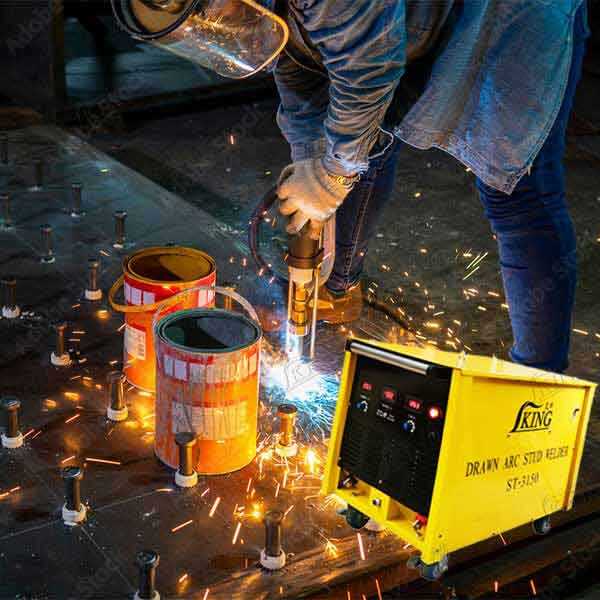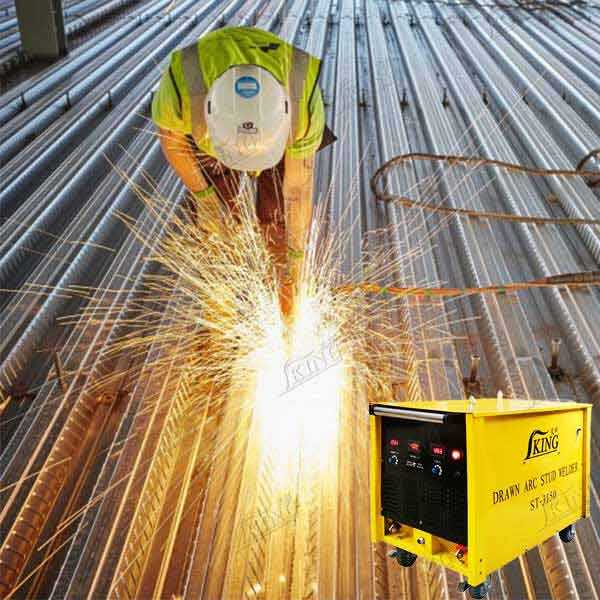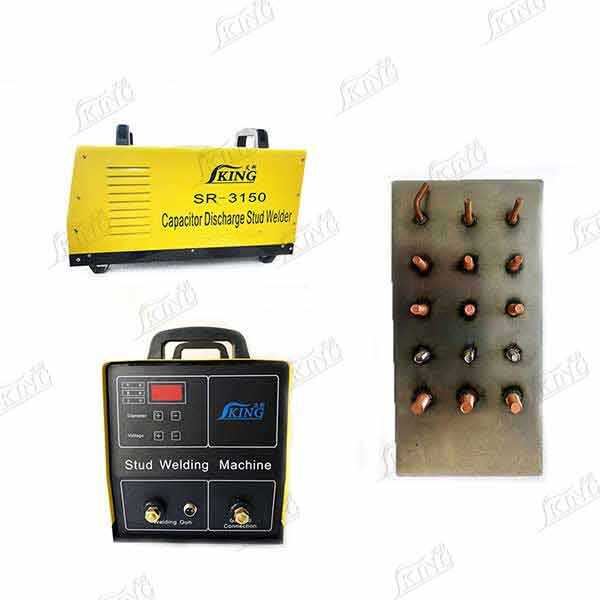pin welder
A pin welder is a specialized welding device designed for precise electrical and mechanical connections in various industrial applications. This sophisticated equipment utilizes controlled electrical discharge to create strong, reliable bonds between pins and other components. The technology employs capacitive discharge welding principles, delivering a brief but intense burst of energy that creates a metallurgical bond without excessive heat dispersion. Modern pin welders feature digital controls for precise parameter adjustment, including weld energy, time, and pressure settings. These machines are equipped with advanced monitoring systems that ensure consistent weld quality and provide real-time feedback. The applications of pin welders span numerous industries, from electronics manufacturing to automotive components. They excel in joining small diameter pins to metal surfaces, making them invaluable in circuit board assembly, battery production, and sensor manufacturing. The equipment typically includes adjustable force control mechanisms, programmable weld schedules, and various electrode configurations to accommodate different pin sizes and materials. Safety features such as overload protection and emergency shutoffs are standard in contemporary models.


